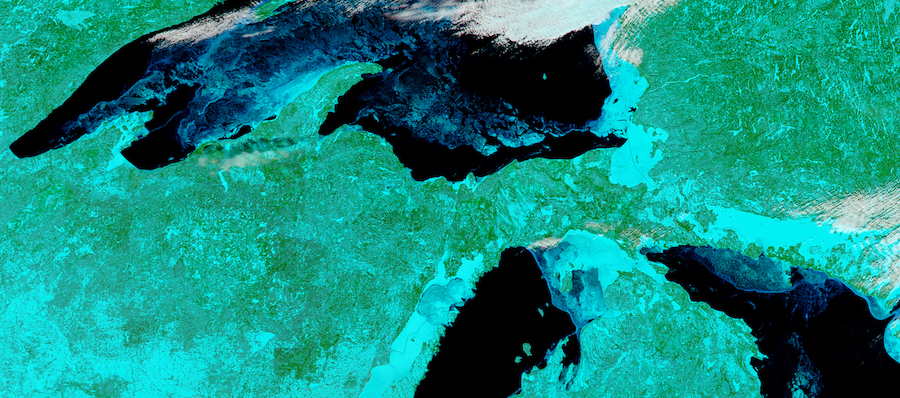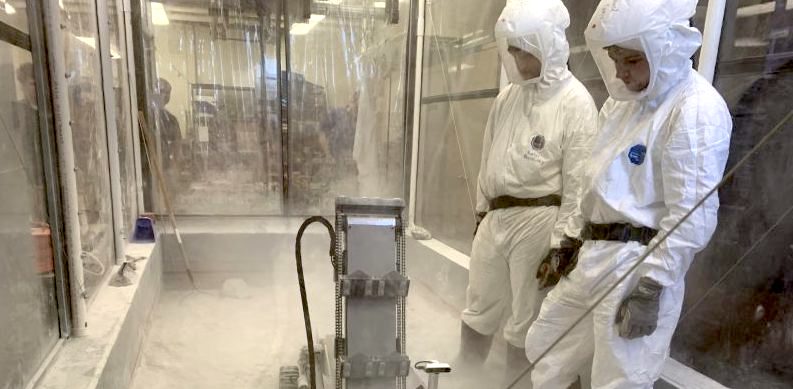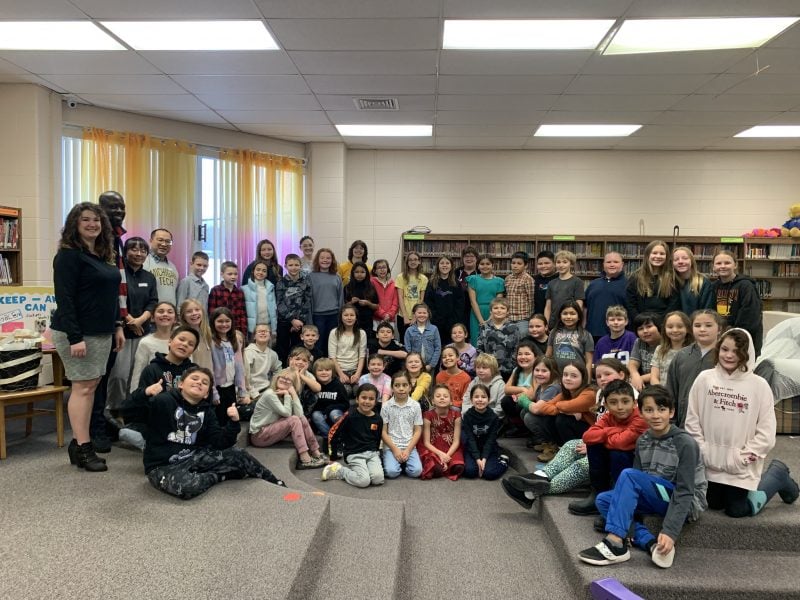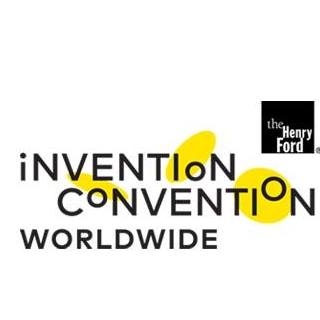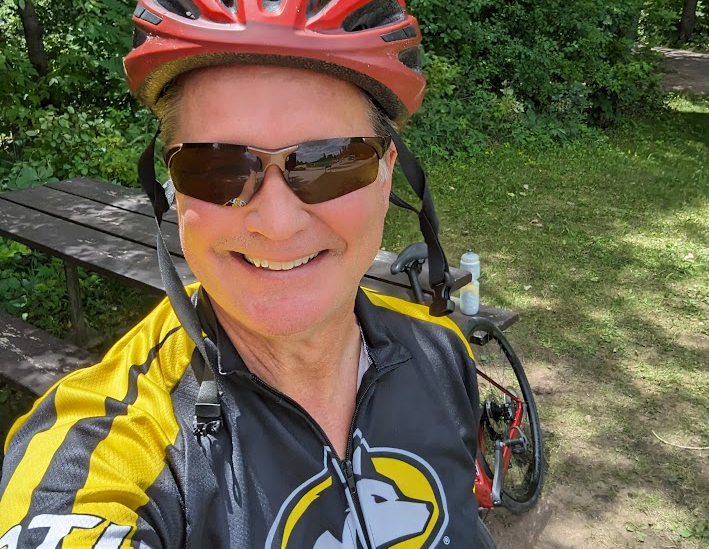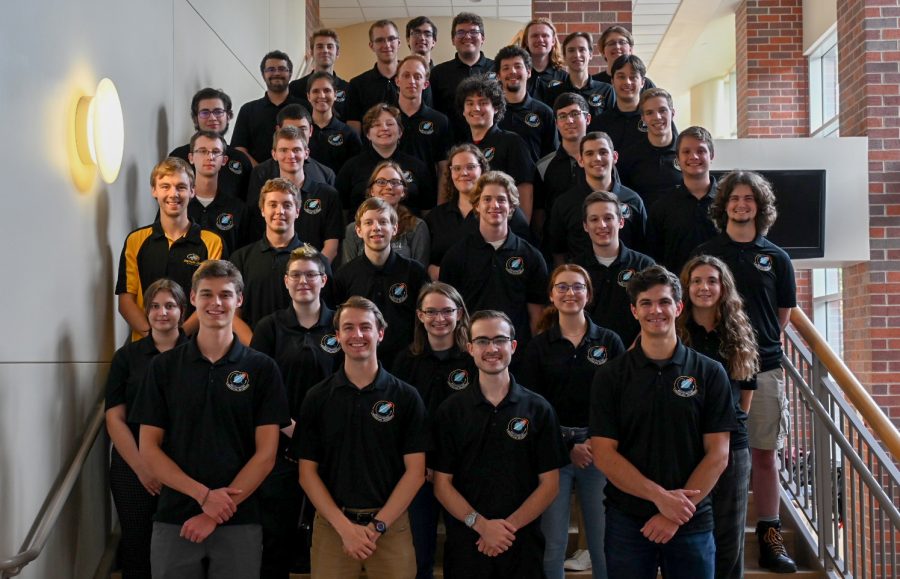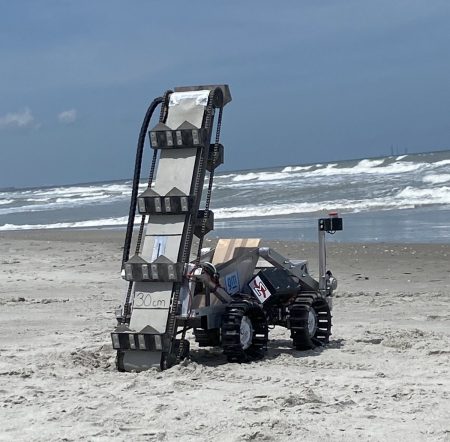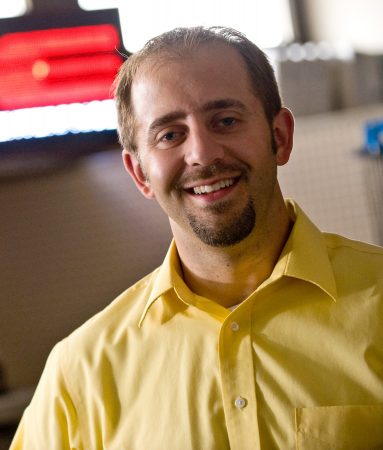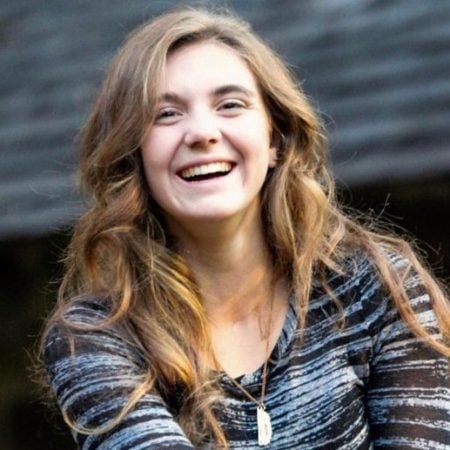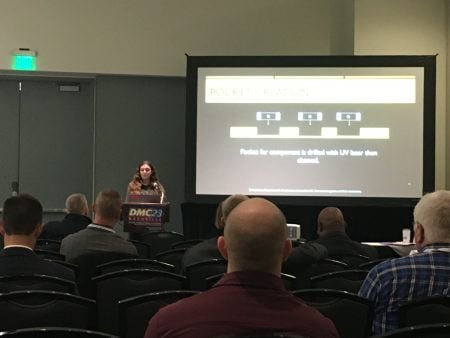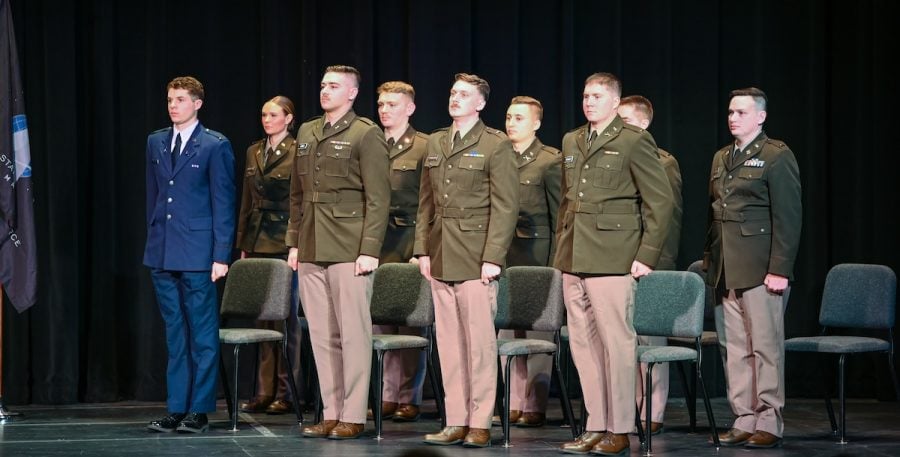
Christopher Middlebrook (ECE) was a panelist at a meeting on May 9 hosted by the Upper Peninsula Economic Development Alliance (UPEDA). The event took place at Northern Michigan University. Distinguished leaders from universities and community colleges in Michigan’s Upper Peninsula discussed innovations in the higher education landscape of the U.P. Panel discussions will explore challenges and collaborative opportunities with the workforce.
Middlebrook, a professor in the Department of Electrical and Computer Engineering, will discuss the new semiconductor-focused curriculum and learning paths now being developed at Michigan Tech — both for traditional undergraduate engineering students, and for other individuals interested in short-term, flexible training to jump-start career paths for in-demand job roles in the semiconductor industry in Michigan.
A wide range of students will be eligible to participate in the new semiconductor learning programs at Michigan Tech, including high school students, University students, community college students, job seekers and veterans. Learning will occur online, on campus at Michigan Tech and on-site at industry partner locations. Scholarships, transportation, child care and other wraparound services will be available to support students. Much of the new curriculum will kick off in fall 2024, said Middlebrook, with further details to be announced. To receive updates via email, add your information to the Michigan Tech Electronics Hub sign-up form.
Some opportunities for high school students will be happening this summer through Michigan Tech’s Summer Youth Programs (SYP). The week of July 21-26, students in grades 9-11 can attend NEXT Scholars: Semiconductors, a weeklong exploration offered on campus. Full sponsorship of the cost is available for 12 students for the program. “This will allow students to attend at no cost, which is very exciting and such a wonderful opportunity,” noted Middlebrook.
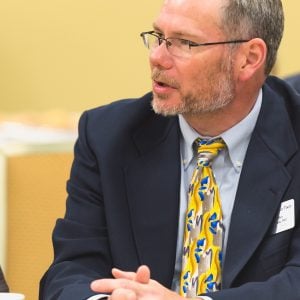
In addition, students who take part in two additional SYP sessions, Women in Engineering (June 16-21) and Engineering Scholars (June 23-28), will have opportunities for hands-on semiconductor fabrication activities and field trips to nearby Calumet Electronics.
MTU has received grants totaling $970,000 from the Michigan Economic Development Corporation to support a major expansion of semiconductor education and training programs for workforce development in Michigan. The amount includes $770,000 for the semiconductor curriculum work and $200,000 for the Michigander Scholars Program.
“Our overall goal is to form a talent pipeline to meet Michigan’s increased demand for skilled engineers and technicians in the semiconductor industry, where jobs are projected to grow at least 11% in the next five years,” said Middlebrook.
At Michigan Tech, Middlebrook teaches courses in electrical and computer engineering, with active research in electrical and optical interconnects and platforms. He serves as the faculty advisor for the IPC-Electronics student chapter at Michigan Tech, and directs the Plexus Innovation Center, a professional-grade, electronics-focused makerspace.

